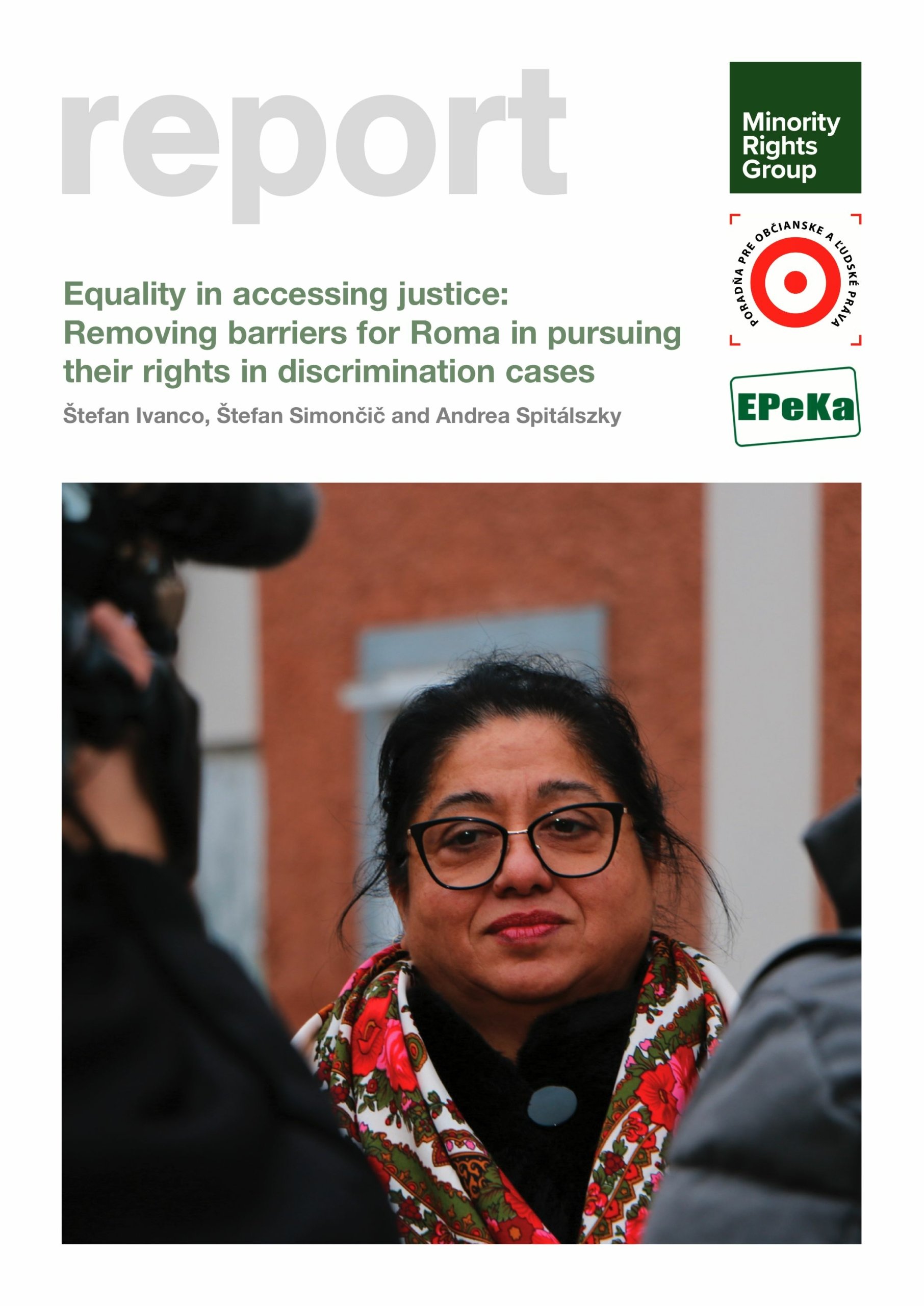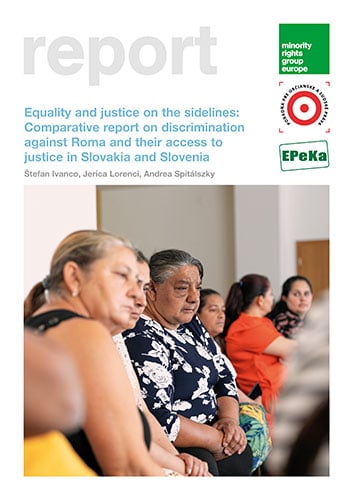Environment
Slovenia lies in the north-western part of south-eastern Europe. It is bordered by Austria, Hungary, Croatia and Italy. Slovenia has a short coastline on the Adriatic Sea and is mountainous.
History
Slovenes entered the territory of present-day Slovenia during the fifth and sixth centuries and rapidly fell under Frankish and Roman Catholic influence. From the fourteenth century, the Slovene lands became hereditary possessions of the Austrian Habsburgs and they remained a part of the Habsburg empire until 1918. After the First World War, most of the Slovene lands were incorporated in the Kingdom of Serbs, Croats and Slovenes (after 1929, Yugoslavia), although small areas of Slovene settlement remained within neighbouring Italy, Hungary and Austria. During the Second World War, Slovenia was partitioned between its neighbours, who adopted a harsh policy of assimilation towards Slovenes.
After 1945, Slovenia was restored as a republic within federal Yugoslavia. Disputes over the frontier with Italy were not formally resolved until the 1970s. During Tito’s rule, ‘ethnically mixed areas’ where the small Hungarian and Italian minorities lived, offered bilingual education for both the minorities and the majority.
Slovenia was the most prosperous out of former Yugoslav republics. Most people in Slovenia resented the fact that Slovenia effectively subsidised less developed regions in the south. Slovenia’s relative prosperity and the fact that it was the most homogenous republic were key reasons why Slovenia for opted for independence. During Tito’s rule, many people from other republics the then Yugoslavia (SFRY) had come to Slovenia to work. When Slovenia gained independence, many of these were left without Slovenian citizenship or residency.
Following a referendum, Slovenia was the first of the former Yugoslav republics to declare independence in June 1991. Milosevic did not recognise Slovenia’s independence, and the Yugoslav Army (JNA) briefly intervened, but was defeated by the Slovenian army. Slovenia joined the European Union in 2004 in the first eastern enlargement.
Governance
Slovenia’s constitution was adopted in 1991. It ensures basic human rights ‘irrespective of national origin, race, sex, language, religion’. It includes right to self-identification with an ethnic group, and right to preserve culture and language (art 61). The constitution, however, only recognises Hungarians and Italians as ‘autochthonous ethnic groups’ and grants them protection in the fields of minority language education, establishment of own educational institutions, establishment of own councils which may submit recommendations to government and participate in decisions on education, and representation at national level. The constitution provides special status and rights to Roma community, which is to be regulated by law, which has not yet been passed due to lack of political will. An Equal Opportunities Act was adopted in 2004. Slovenia has a Human Rights Ombudsman. It also has a Council for Implementation of the Principle of Equal Treatment, which includes members of Italian, Hungarian and Roma communities only, and an Advocate for the Principle of Equality. There is an Office of Nationalities, but, once again, it deals only with groups mentioned in the constitution.
As a member state of the European Union, Slovenia is bound by all its laws, importantly the Directive on Equal Treatment Irrespective of Racial or Ethnic Origin and the Directive Establishing A General Framework for Equal Treatment in Employment and Occupation. These Directives significantly expand protection from discrimination across Europe, and cover direct and indirect discrimination, hidden discrimination and harassment. The Directives are to be transposed by member states into national legislation. In Slovenia, the Race Directive was transposed.
General problems which affect on human rights protection and the rule of law in Slovenia are:
Inefficient judiciary. The judiciary has a large backlog of cases. This in particular impacts people from SFRY who are trying to regularise their status in Slovenia.
Growing intolerance. There is a lack of tolerance and prejudice towards the Roma, Serbs, Roma, Croats, Bosniaks, Muslims, Albanians, Montenegrins and Macedonians and German speakers. According to the Ombudsman and UN Human Rights Committee, intolerance is growing, with a worrying trend high of level politicians and other public figures propagating intolerance, echoed by some media. For example, in late 2006 there were serious concerns that Slovenia’s authorities may be involved in facilitating forced eviction of a Roma settlement near Ambrus, following the actions of a non-Romani mob. Reportedly, police did not intervene in a timely fashion and authorities failed to condemn ethnic violence and threats (for more detail see European Roma Rights Centre, www.errc.org)





